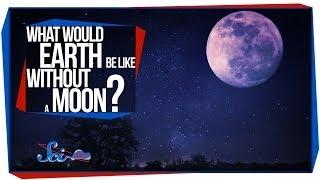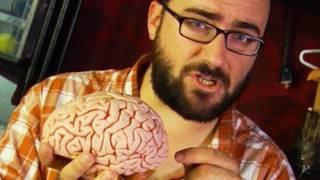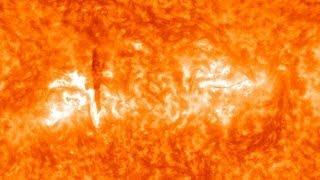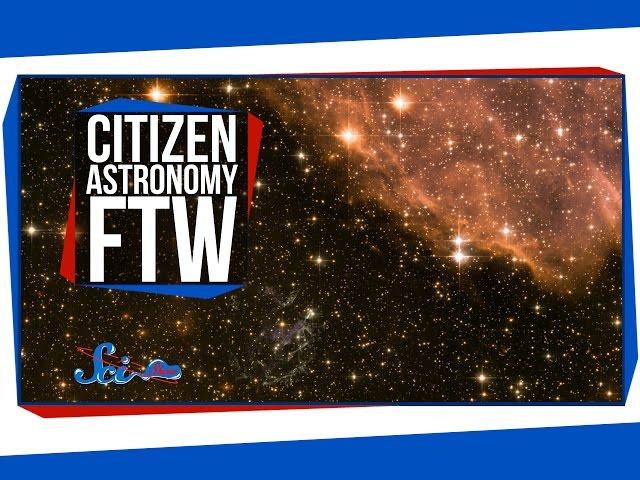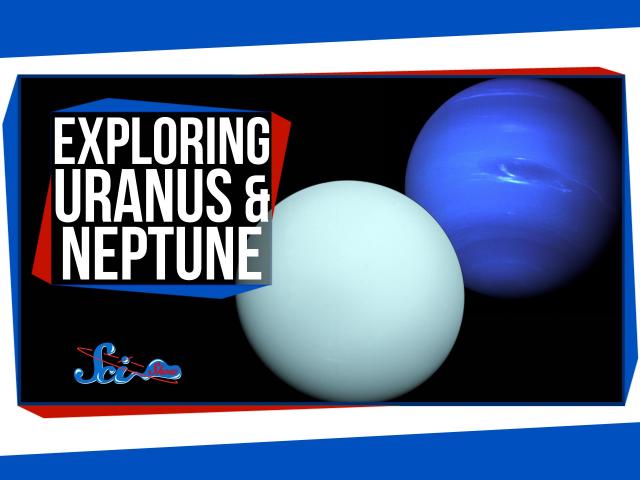Time Travel, Teleportation & Science
Time travel is the concept of moving between different points in time in a manner analogous to moving between different points in space, generally using a theoretical invention, namely a time machine. It has a commonly recognized place in philosophy and fiction, but has a very limited application in real world physics, such as in quantum mechanics or wormholes.
Although the 1895 novel The Time Machine by H. G. Wells was instrumental in moving the concept of time travel to the forefront of the public imagination, The Clock That Went Backward by Edward Page Mitchell was published in 1881 and involves a clock that allowed three men to travel backwards in time.[1][2] Non-technological forms of time travel had appeared in a number of earlier stories such as Charles Dickens' A Christmas Carol. Historically, the concept dates back to the early mythologies of Hinduism (such as the Mahabharata), Buddhism, and Islam through ancient folk tales. More recently, with advancing technology and a greater scientific understanding of the universe, the plausibility of time travel has been explored in greater detail by science fiction writers, philosophers, and physicists.
Teleportation, or Teletransportation, is the theoretical transfer of matter or energy from one point to another without traversing the physical space between them. It has a commonly recognized place in science fiction literature, film, and television, but as yet has a very limited application in real world physics, such as quantum teleportation or the study of wormholes.
Science (from Latin scientia, meaning "knowledge") is a systematic enterprise that builds and organizes knowledge in the form of testable explanations and predictions about the universe. In an older and closely related meaning, "science" also refers to a body of knowledge itself, of the type that can be rationally explained and reliably applied. A practitioner of science is known as a scientist.
In modern usage, "science" most often refers to a way of pursuing knowledge, not only the knowledge itself. It is also often restricted to those branches of study that seek to explain the phenomena of the material universe.
Source : Wikipedia
-
05:21
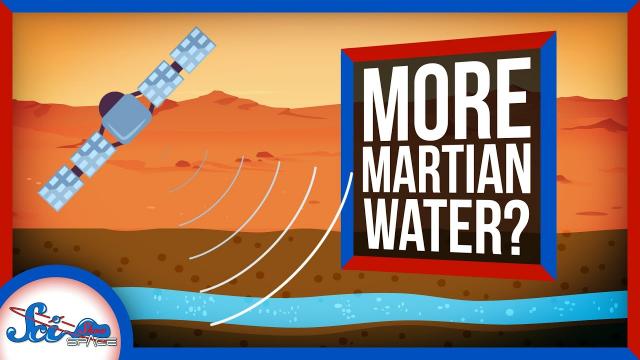
We Know More About That Underground Lake on Mars | SciShow News
Added 328 Views / 0 LikesScientists have taken a look at the underground lake found on Mars in 2018, and it might not be the only one! Plus, new clues might help us understand why the Sun’s atmosphere is so much hotter than the surface!Hosted by: Hank GreenCheck out Bizarre Beast
-
05:59
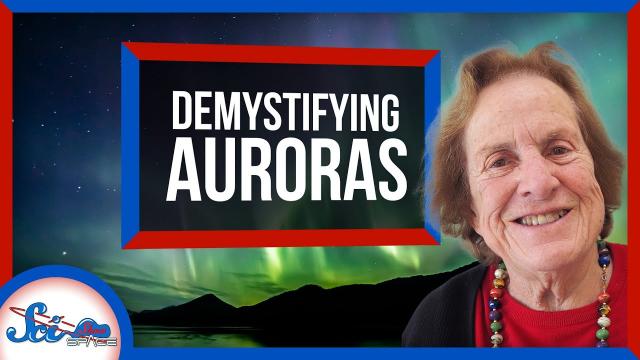
How Joan Feynman Demystified Auroras | Great Minds
Added 216 Views / 0 LikesThe auroras are one of earth's most dazzling displays, but thanks to Joan Feynman we know that they're so much more.Thumbnail image Credit:SciShow has a spinoff podcast! It's called SciShow Tangents. Check it out at http://www.scishowtangents.org---------
-
01:36

New drug-delivery capsule may replace injections
Added 609 Views / 0 LikesNew drug-delivery capsule may replace injections
-
52:40
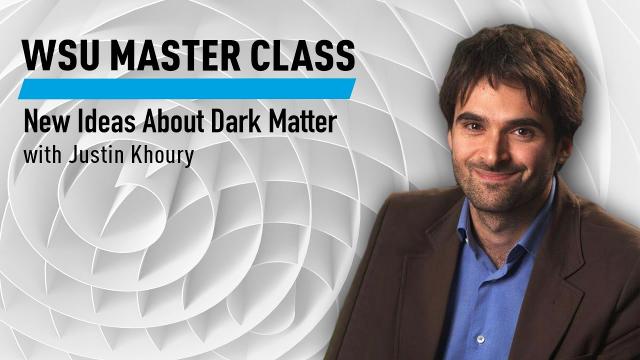
WSU Master Class: New Ideas About Dark Matter with Justin Khoury
Added 236 Views / 0 LikesPhysicist Justin Khoury explores how quantum effects in dark matter could produce non-Newtonian gravitational force within and between galaxies, ultimately providing a hypothesis for how the observed structure of the universe might have arisen. #WorldSciU
-
03:48
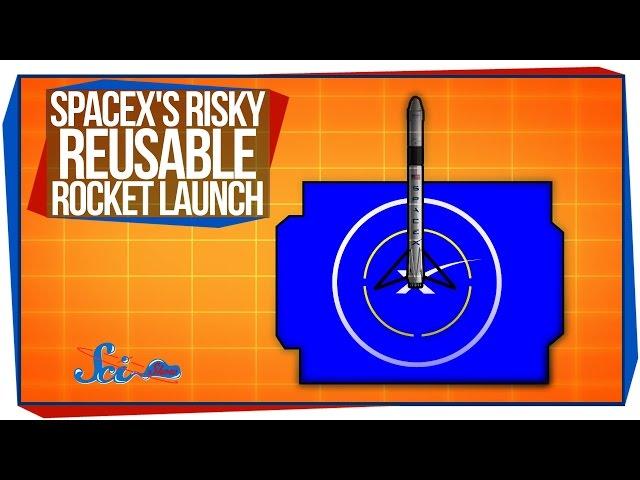
SpaceX's Risky Reusable Rocket Launch
Added 621 Views / 0 LikesSpaceX's Risky Reusable Rocket Launch
-
1:44:03
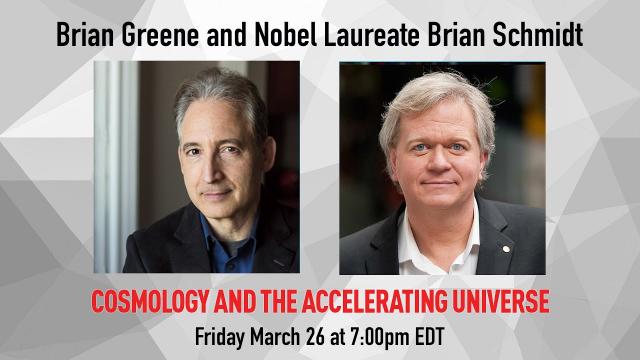
Cosmology and the Accelerating Universe | A Conversation with Nobel Laureate Brian Schmidt
Added 286 Views / 0 LikesJoin Brian Greene and Nobel Laureate Brian Schmidt for a wide-ranging conversation covering cosmology, the accelerating universe, and the role of science in shaping our future.Subscribe to the WSF newsletter for updates on future programs and live convers
-
01:30
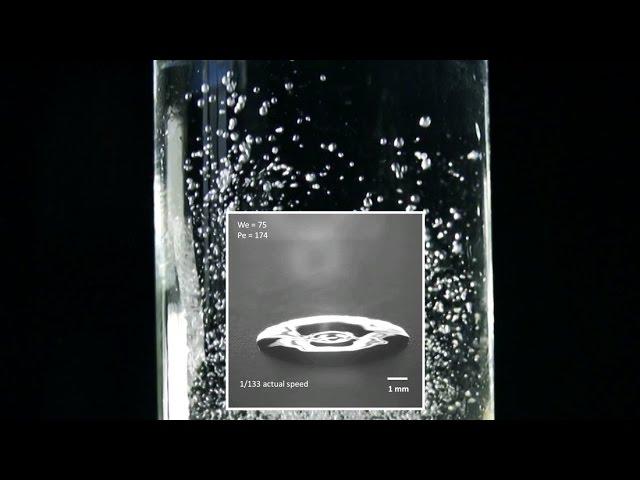
Rainfall can release aerosols, high-speed video shows
Added 586 Views / 0 LikesRainfall can release aerosols, high-speed video shows
-
00:59
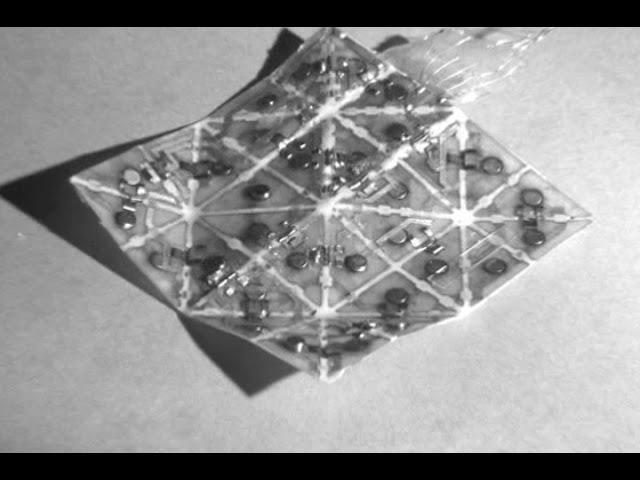
Shape-shifting robots
Added 218 Views / 0 LikesBy combining origami and electrical engineering, researchers at MIT and Harvard are working to develop the ultimate reconfigurable robot — one that can turn into absolutely anything. Read more: https://news.mit.edu/2010/programmable-matter-0805Watch more
-
05:25
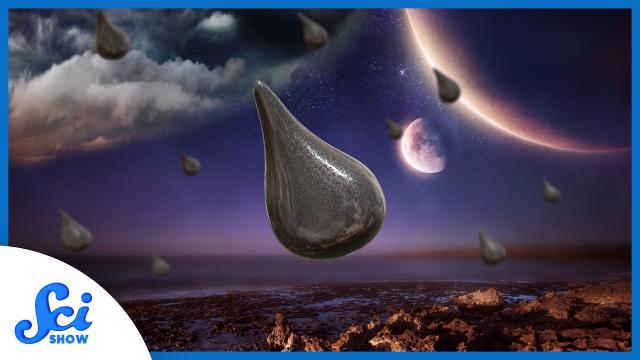
A Raindrop Is a Raindrop, Even When It’s Metal
Added 140 Views / 0 LikesOn earth it rains water, on the exoplanet WASP-76b, it rains liquid iron, but no matter what planet you're on, the rain drops there have a lot more in common than you might think.SciShow has a spinoff podcast! It's called SciShow Tangents. Check it out at
-
06:19
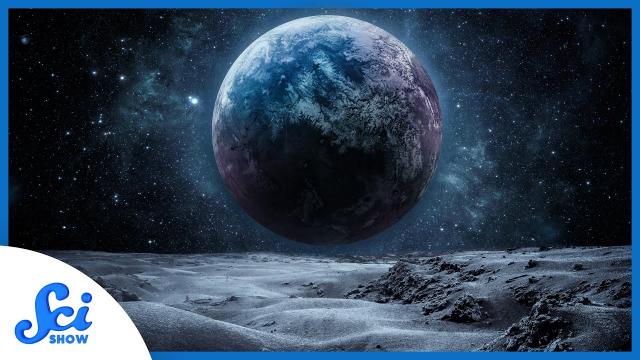
Creating a Template for Habitable Exoplanets
Added 187 Views / 0 LikesGo to http://curiositystream.com/scishowspace to start streaming Breakthrough. Use code SciShowSpace to sign up, just $14.99 for the whole YEAR.We've found thousands of exoplanets over the years, but if we're going to find one that can sustain life, we ne
-
02:40
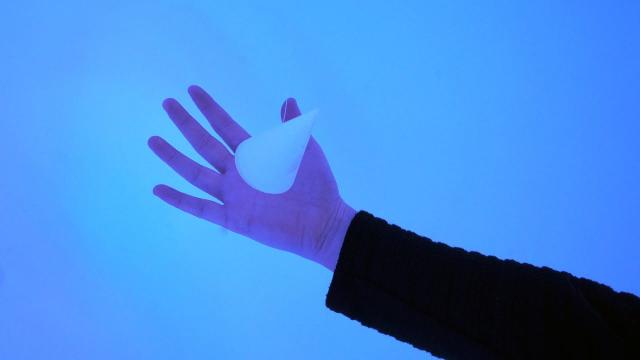
Using art to understand the brain
Added 160 Views / 0 LikesWatch more videos from MIT: http://www.youtube.com/user/MITNewsOffice?sub_confirmation=1The Massachusetts Institute of Technology is an independent, coeducational, privately endowed university in Cambridge, Massachusetts. Our mission is to advance knowled
-
02:46

How to clean solar panels without water
Added 183 Views / 0 LikesCleaning solar panels currently is estimated to use about 10 billion gallons of water per year — enough to supply drinking water for up to 2 million people. A new cleaning method could remove dust on solar installations, improving overall efficiency, with
-
05:59

The Hottest Exoplanets in the Universe
Added 141 Views / 0 LikesStart speaking a new language in 3 weeks with Babbel. Get up to 65% your subscription here: https://go.babbel.com/12m65-youtube-scishowspace-may-2022/defaultWith exoplanets, often we want to know if they are Earth-like and whether they might host life, bu

